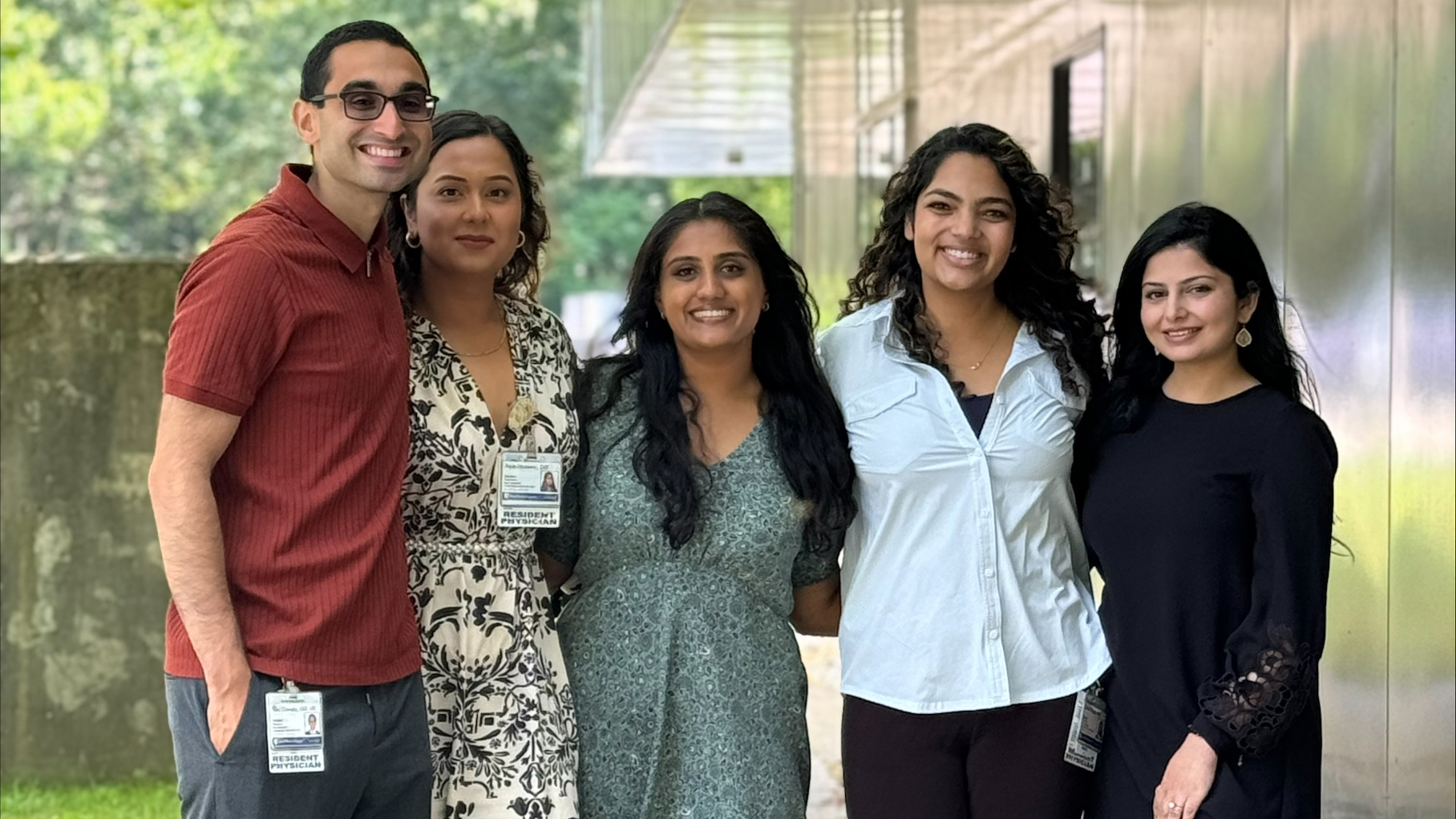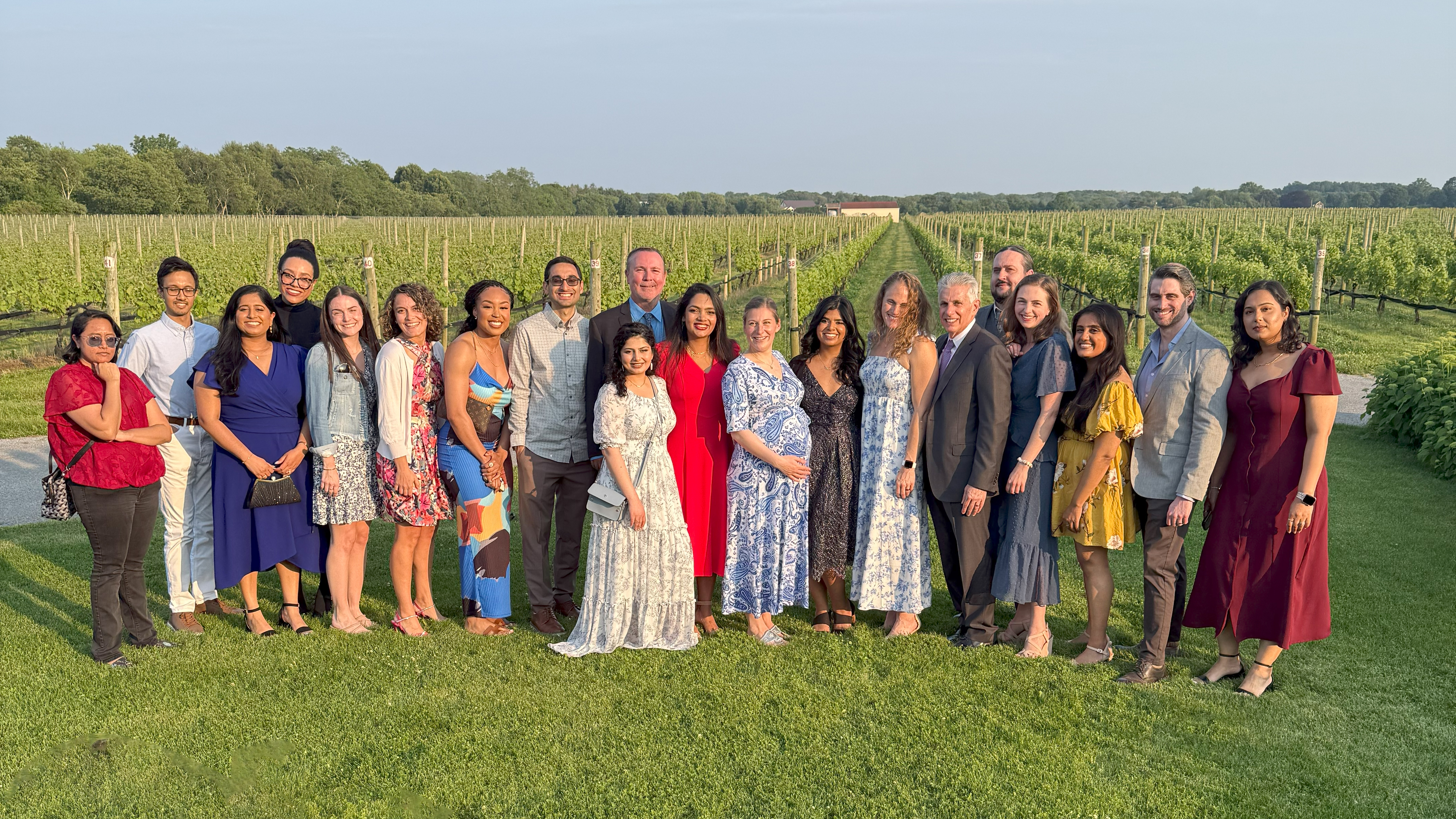The Psychiatry Residency Program at SBELIH focuses on community and addiction psychiatry.
SBELIH is already home to several of the most highly regarded behavioral health programs in Suffolk County. The Stony Brook residency program in psychiatry was accredited in 1978, one of the first four programs in the School of Medicine. While Stony Brook’s psychiatry residency program is well established, this is a new beginning at SBELIH.

-Rose Montecalvo, DO, Former resident
-Michael Parker, DO, Resident

First-year residents complete four months of a Medicine rotation and two months of a Neurology rotation at Stony Brook Southampton Hospital (SBSH), four months of Inpatient Psychiatry at SBELIH, and two months in the Comprehensive Psychiatric Emergency Program (CPEP) at Stony Brook University Hospital. PGY-2 residents spend equal time during clinical rotations at SBELIH and Stony Brook University Hospital. Residents complete their third year of residency at Quannacut Outpatient Services, which helps meet a high demand for behavioral health services on the East End of Long Island. Finally, senior residents take on leadership roles as junior attendings, supervising other residents and medical students. This wide variety of diverse rural, urban, and academic settings offers residents the opportunity to gain a wider scope of experience that better prepares them for practice after residency.
For more information contact:
Eduardo Constantino, MD
Professor of Clinical Psychiatry
Program Director, SBELIH
Department of Psychiatry
Stony Brook Medicine
Eduardo.Constantino@stonybrookmedicine.edu
Douglas K. Hoverkamp, MD
Director, Department of Psychiatry, SBELIH
Psychiatric Director, Quannacut Outpatient Services
Diplomate, American Board of Psychiatry
(631) 477-5265
Douglas.Hoverkamp@stonybrookmedicine.edu
Courtney Meringer
Administrative Vice President
Medical Staff Affairs and Medical Education
Stony Brook Medicine, Psychiatry Residency Program Coordinator
631-477-5273 | Fax 631-477-5875
Courtney.Meringer@stonybrookmedicine.edu
Michele Rudder
Administrative Assistant
Michele.Rudder@stonybrookmedicine.edu
